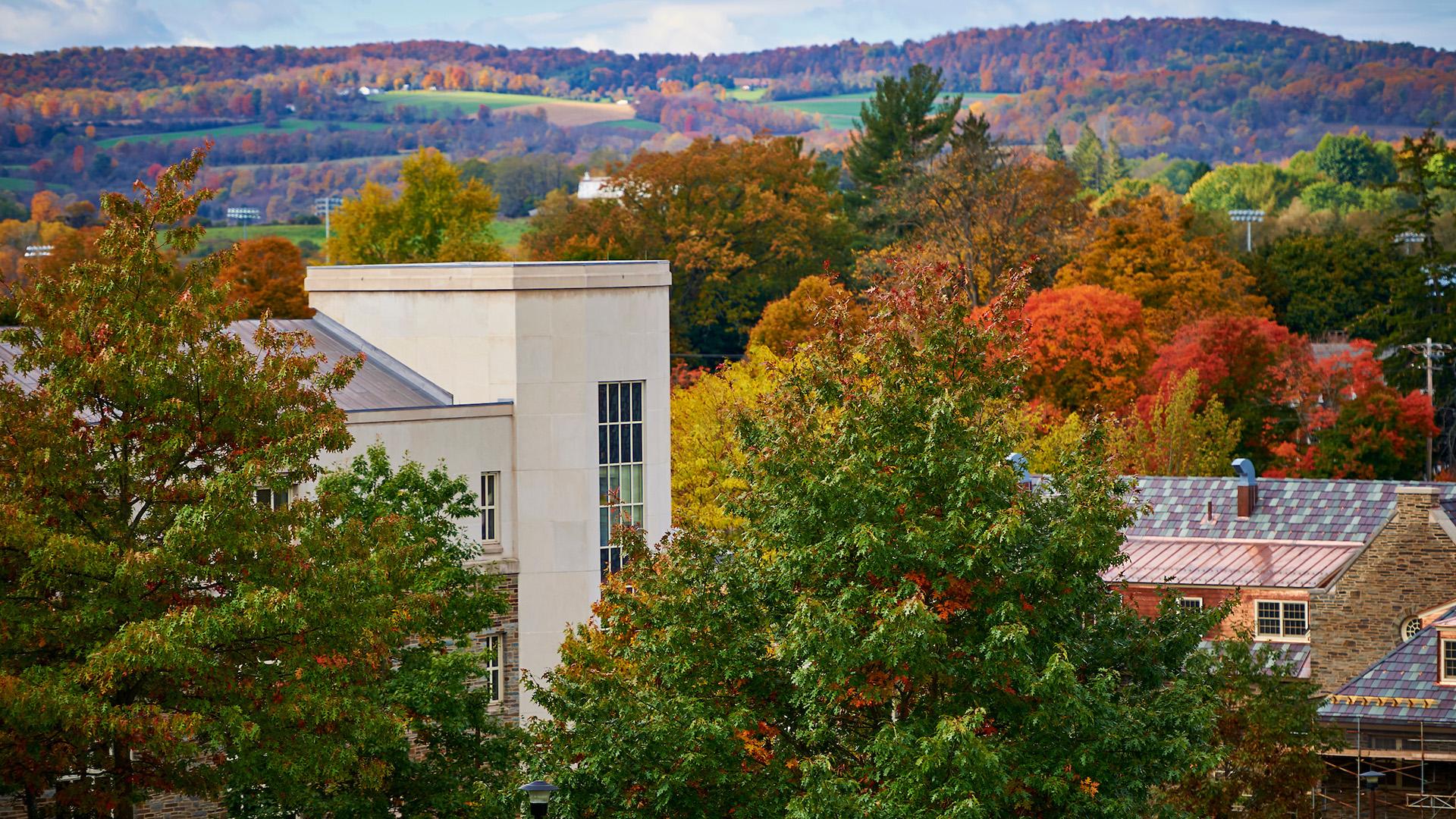Colgate University's Green Revolving Loan Fund (GRLF) is an internal fund earmarked for energy efficiency, renewable energy, and other sustainability projects that generate cost-savings over time while reducing carbon and ecological footprints. Savings are tracked and reinvested into the fund to finance the next round of green investments.
- Home
- About
- Campus Resources & Services
- Green Revolving Loan Fund
